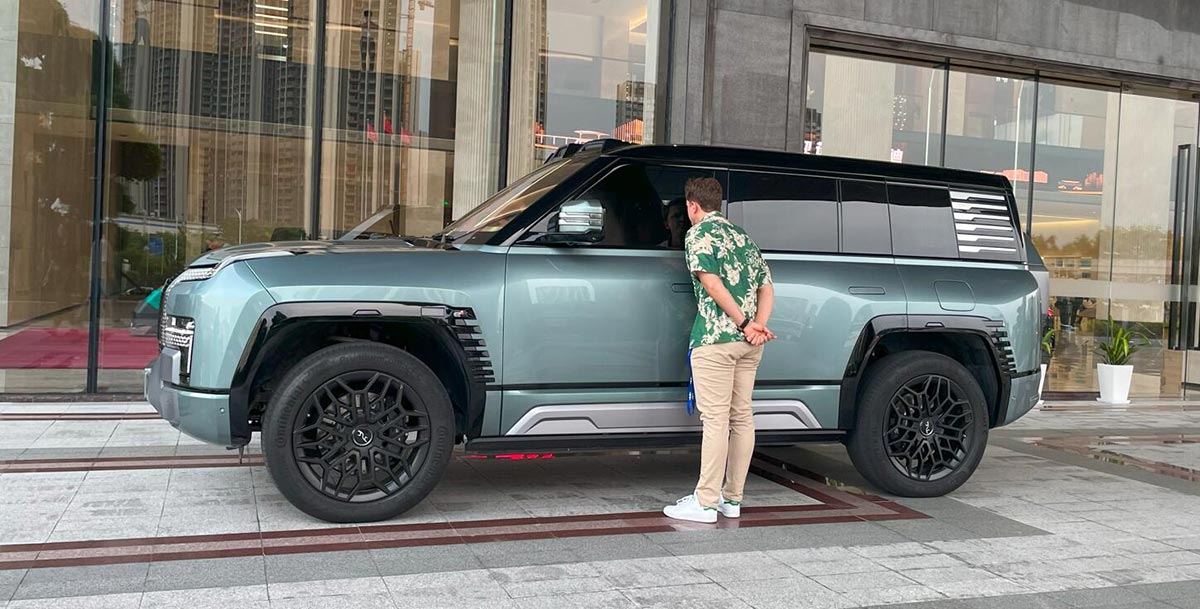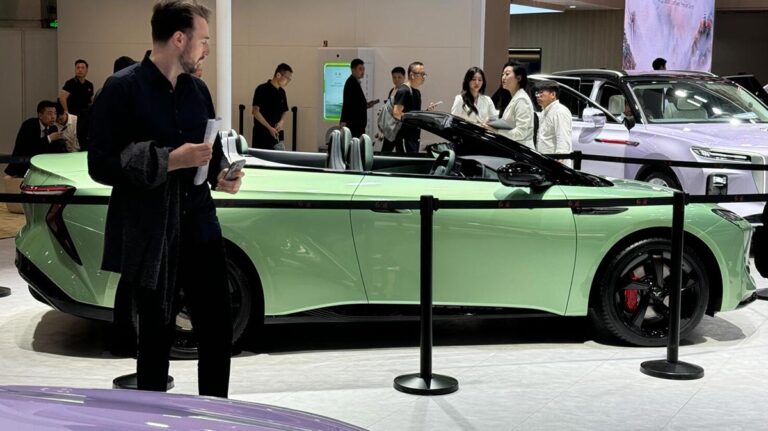The European Commission is about to notify carmakers that it will temporarily impose additional tariffs of up to 25 percent on imported Chinese EVs from next month, according to the Financial Times.

China has voiced its opposition as the EU is reportedly about to announce additional tariffs against Chinese electric vehicles (EVs).
The EU's anti-subsidy investigation is typical of protectionism, Chinese Foreign Ministry spokesman Lin Jian said at today's regular press conference, adding that China will take all necessary measures to firmly safeguard its legitimate rights and interests.
Earlier today, the Financial Times cited people familiar with the matter as saying that the European Commission will notify carmakers on Wednesday that it will temporarily impose additional tariffs of up to 25 percent on imports of Chinese EVs from next month.
Brussels argues that Chinese EV makers benefit from subsidies that undercut their European rivals, the report noted.
The move would ignore warnings from the German government and risk sparking a costly trade war with China, the report said.
If the EU imposes tariffs on EVs imported from China, it will violate the principles of market economy and international trade rules, damage China-EU economic and trade cooperation and the stability of the global automotive production and supply chain, and ultimately harm Europe's own interests, Lin said.
Protectionism has no future, openness and cooperation is the right way, he said.
China urges the EU to abide by its commitment to support free trade and oppose protectionism, and work with China to safeguard the overall situation of China-EU economic and trade cooperation, Lin said.
The EU currently imposes a 10 percent tariff on Chinese EVs, and China has already imposed a 15 percent tariff on European EVs, the Financial Times report noted.
France and Spain advocated for these tariffs, while Germany, Sweden and Hungary said they were not in favor of the move, fearing retaliatory measures from China, according to the report.
Intense lobbying by the German government has not worked, the Financial Times said, citing a person with knowledge of the process.
The European Commission is expected to raise the tariffs to around 35 percent, but still well below the 100 percent tariffs imposed by the US, the person said.
Additional tariffs in Europe would hit Chinese producers such as BYD and SAIC, as well as companies such as Tesla which have factories in China, the report noted.
Tariffs could vary from producer to producer depending on the level of subsidies the EU claims it has identified., the report said.
